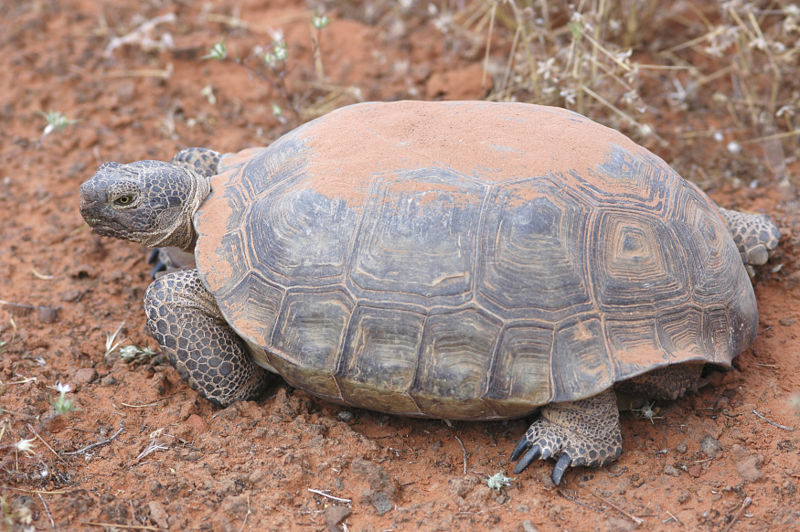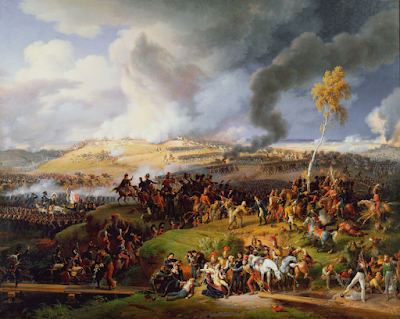The National Health Service Covid app pinged to say that for fifteen minutes I'd been within a couple of metres of someone who'd tested positive for Covid. The contact had been made on a date two days before.
Oh, the miracles of modern communication systems!
The trouble was, that I hadn't. I hadn't been within a couple of metres of anyone on that day apart from my husband, who a) didn't have Covid and, b) hardly ever switches his phone on, let alone tells it stuff about his state of health.
On the day in question I'd spent the morning at home. Not even the postman had called (we don't get much post on a Monday). In the afternoon I'd gone for a long walk in the woods. We'd seen a man on a bench, but gone no closer to him than twenty-five metres.
Two weeks later, I've discovered that at the time our next-door neighbours had Covid - and that they charge their phones from a socket on our shared wall.
Luckily, the virus didn't manage to burrow its way through two layers of paint, plaster, and brick, and a load of insulation.
Oh, but the miracles of modern communication systems!
Word To Use Today: miracle. This word comes from the Latin word mīrāculum, from mīrārī, to wonder at.






















